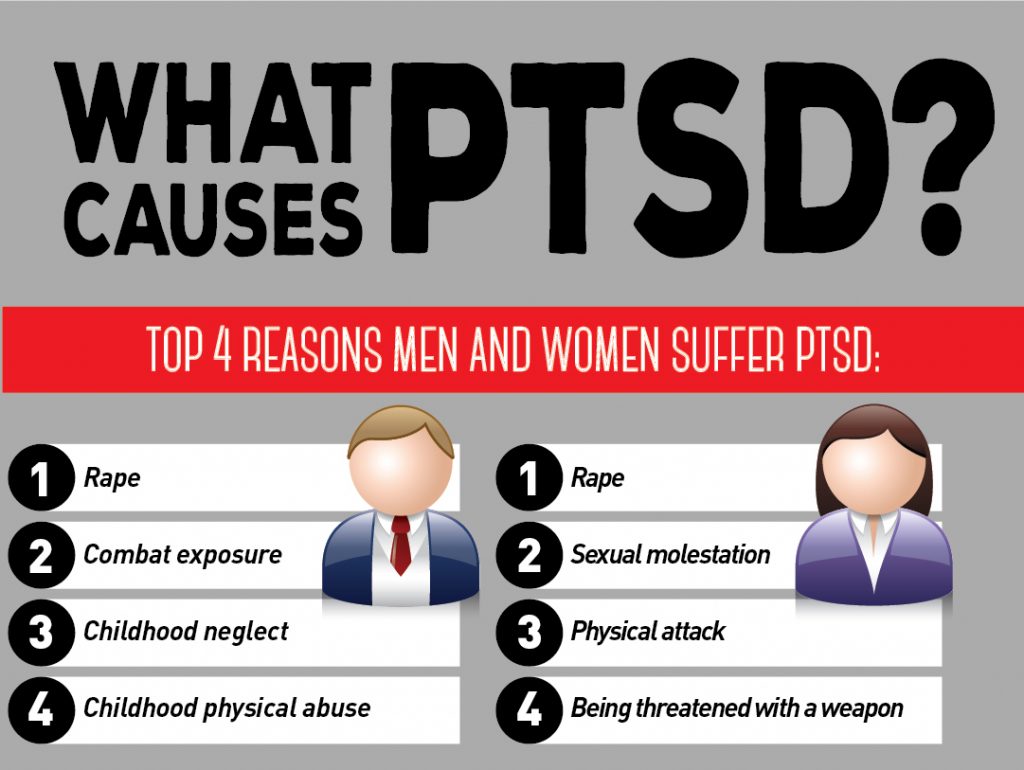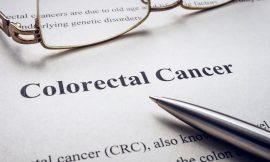Post-Traumatic Stress Disorder (PTSD) is a complex mental health condition that arises after an individual experiences or witnesses a traumatic event. Those living with PTSD may exhibit a variety of symptoms that affect their emotional, physical, and social well-being. So if someone is suffering from this disorder, he must seek help from a psychiatrist or be admitted to the best psychiatric hospital.
This article aims to explore the characteristics, challenges, and coping mechanisms of individuals dealing with PTSD, providing insight into their experiences and the importance of compassion in their journey toward healing.
Let’s dive in to get more details.
Understanding PTSD Symptoms
Individuals with PTSD may experience a range of symptoms following a traumatic event. Common symptoms include intrusive memories or flashbacks, avoidance of reminders associated with the trauma, negative changes in mood or beliefs, and hyperarousal characteristics such as heightened anxiety and difficulty sleeping. These symptoms can fluctuate in intensity and may interfere significantly with daily functioning.
The Impact of Trauma on Daily Life
Trauma can fundamentally alter how a person perceives the world around them. Daily activities, relationships, and self-perception may be impacted severely, leading to challenges in work, school, or even the maintenance of everyday tasks. Simple triggers can provoke strong reactions, making it essential to understand the extent of trauma’s influence on an individual’s life.
Emotional Reactions and Challenges
Emotionally, those with PTSD might find themselves grappling with intense feelings of sadness, anger, or guilt. Flashbacks can lead to reliving traumatic experiences, while avoidance may prevent healthy emotional processing. This struggle can lead to isolation, as individuals might withdraw from others to protect themselves from potential triggers.
Physical Health Concerns Associated with PTSD
PTSD is not solely an emotional or psychological issue; its impact on physical health is profound. Individuals may experience a variety of physical symptoms, including chronic pain, fatigue, and heart-related issues. The stress associated with PTSD can manifest in the body, leading to a higher risk of developing various health concerns over time.
Social Interactions and Relationships
Social relationships can become strained for those with PTSD. Friends and family may struggle to understand the condition, leading to feelings of loneliness for the affected individual. Social withdrawal might occur as they try to avoid triggers, yet maintaining supportive relationships is crucial for recovery.
Coping Mechanisms and Strategies
Coping strategies for managing PTSD can vary widely among individuals. Some might find solace in mindfulness practices, physical activities, or creative outlets, while others may benefit from structured therapy sessions. It’s important for each person to identify techniques that resonate with them to enhance their coping repertoire.
The Role of Support Systems
Support systems, including family, friends, and support groups, can play a vital role in the healing process. Open communication and understanding from loved ones can foster environments conducive to recovery, while peer support groups may offer shared experiences that alleviate feelings of isolation.
Seeking Professional Help
Professional assistance is often essential for those with PTSD. Therapists who specialize in trauma can provide tailored approaches, including cognitive-behavioral therapy (CBT) and eye movement desensitization and reprocessing (EMDR), to address symptoms effectively. Seeking help is a crucial step towards managing the condition and enhancing quality of life.
Misconceptions about PTSD
Misunderstandings about PTSD can perpetuate stigma and hinder individuals from seeking help. Common misconceptions include the belief that PTSD only affects combat veterans or that it is a sign of weakness. Educating oneself and others about the realities of PTSD is vital for fostering empathy and support.
Paths to Healing and Recovery
Healing from PTSD is a gradual journey, often involving various therapies, personal strategies, and support systems. Each person’s path is unique, and while there may be setbacks, many individuals can regain a sense of normalcy and even thrive after trauma. Encouragement and understanding from those surrounding them can greatly enhance this process.
The Importance of Mindfulness in Recovery
Mindfulness practices can significantly aid individuals with PTSD in managing their symptoms. Techniques such as meditation, deep breathing exercises, and yoga help ground individuals in the present moment, reducing anxiety and intrusive thoughts associated with trauma. Incorporating mindfulness into daily routines can create a sense of calm and enhance self-awareness.
The Benefits of Physical Activity
Engaging in regular physical activity can provide essential benefits for those coping with PTSD. Exercise is known to release endorphins, which can improve mood and reduce stress. Activities such as walking, running, or participating in team sports not only promote physical health but also foster social connections, which are key in the recovery process.
The Role of Nutrition in Mental Health
Nutrition plays a pivotal role in mental health, including the management of PTSD symptoms. A balanced diet rich in vitamins and minerals can support brain function and emotional regulation. Understanding how different foods impact mood and energy levels can empower individuals to make healthier dietary choices.
Art and Expression as Therapeutic Tools
Creative outlets can serve as powerful mechanisms for healing. Art therapy, music therapy, and writing provide individuals with a means to express feelings and thoughts that may be difficult to articulate. These forms of expression can facilitate emotional processing and lead to deeper insights regarding one’s experiences with trauma.
Building Resilience and Strength
Developing resilience is a fundamental aspect of recovering from PTSD. By fostering strengths such as adaptability, problem-solving skills, and a positive mindset, individuals can better navigate the challenges posed by their condition. Resilience allows for growth and can lead to a more fulfilling life post-trauma.
The Journey to Acceptance
Acceptance of one’s experiences and condition is crucial in the healing process. Embracing the journey, including its ups and downs, can empower individuals to move forward. Acceptance doesn’t mean forgetting the trauma but rather integrating it into their life story in a way that allows for growth and healing.
Conclusion
In summary, navigating the complexities of PTSD requires a multifaceted approach that incorporates emotional, physical, and social strategies for healing. Understanding the condition and debunking misconceptions can pave the way for compassion and support, fostering recovery environments. By leveraging coping mechanisms, support systems, and professional help, individuals can embark on their journey toward healing.
Ultimately, embracing resilience, mindfulness, and the creative process can transform trauma into a pathway for growth, enabling those affected by PTSD to reclaim their lives and thrive in the world around them.




